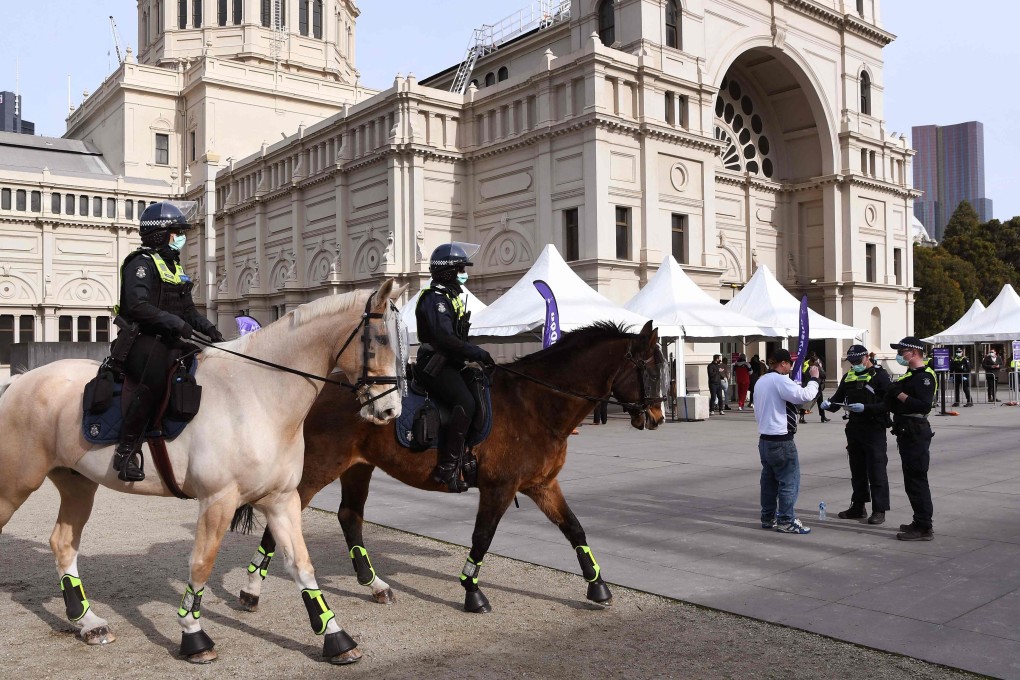Coronavirus: cases in Australia’s Victoria shoot up; Indian cities ease restrictions
- Australian authorities reported 11 new cases, up from just two a day earlier, but noted that all were linked to existing clusters
- Elsewhere, Japan to issue vaccine passports; Singapore’s cases drop, and Thailand began its mass vaccination drive

Authorities reported 11 new cases, up from just two a day earlier, but noted that all were linked to existing clusters, as residents of state capital Melbourne wait to hear if an extended snap lockdown will end as planned on Thursday night.
“Nothing is on or off the table,” Victoria state Chief Health Officer Brett Sutton told reporters in Melbourne, when asked if some areas of the city could remain locked down while other areas start to ease curbs.
Melbourne entered its 11th day of a hard lockdown on Monday after officials on Friday found the Delta virus variant, which they said was likely to spread more easily than many other strains, for the first time among infections.
The source for the Delta variant infections has yet to be identified and there has been no genomic match so far with any other cases in Australia.